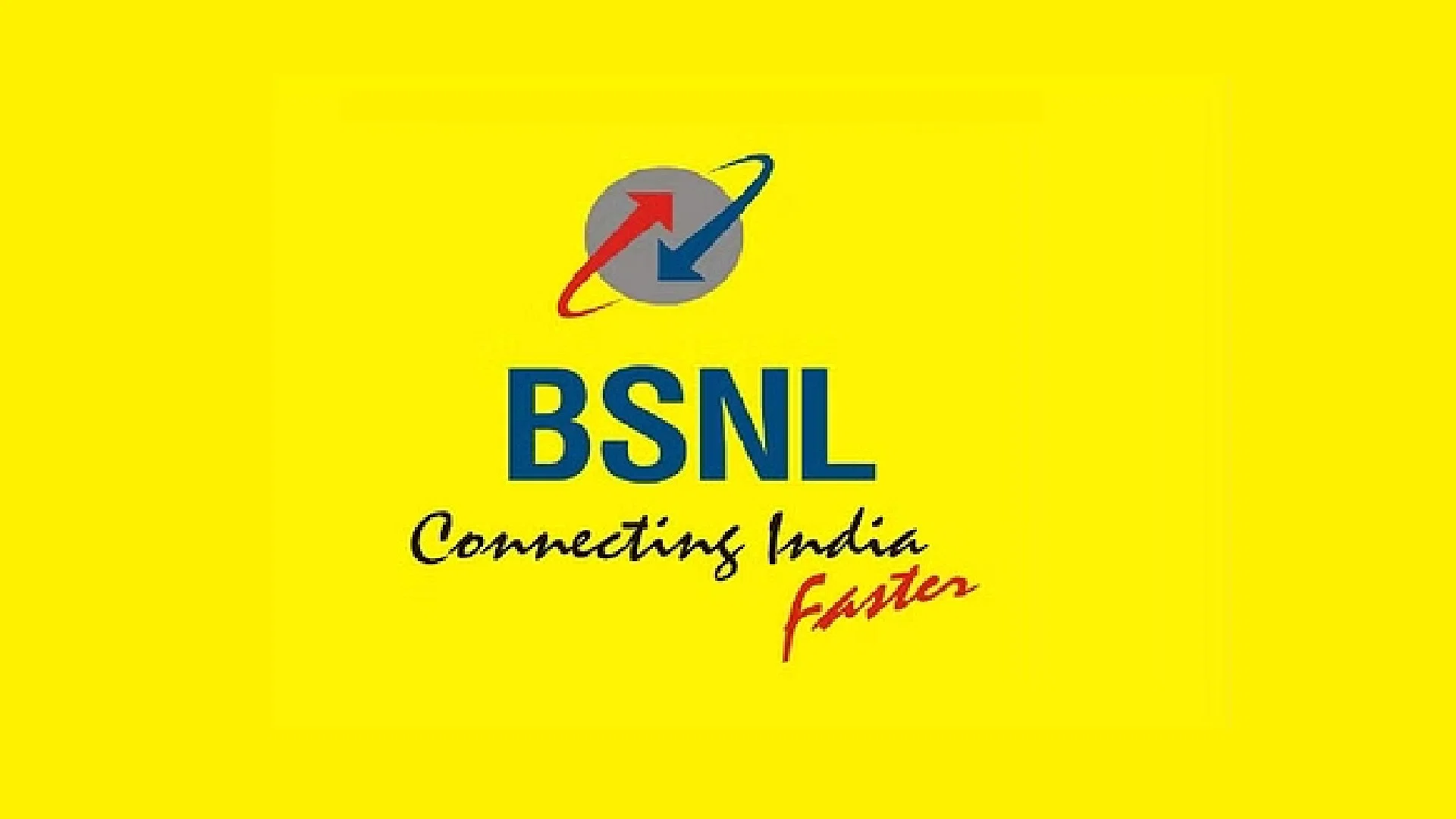In a significant leap forward for digital accessibility in India, BSNL has launched its first-ever 4G saturation site in the remote village of Rarik, located in the cold and challenging terrain of Himachal Pradesh’s Lahaul and Spiti district. Operating in temperatures that can plunge to -6°C, this milestone showcases BSNL’s determination to connect underserved rural regions and provide reliable services despite harsh conditions.

Satellite Technology Powers Connectivity in Challenging Terrains
At the core of this achievement is the use of Very Small Aperture Terminal (VSAT) technology. VSATs are compact ground stations that utilize satellite communication to transmit and receive data, voice, and video signals, making them ideal for areas where traditional infrastructure is not feasible. By using this technology, BSNL ensures that even the most remote regions of India can enjoy reliable broadband and data services.
The expansion of 4G services is part of BSNL’s nationwide 4G saturation project, which aims to extend high-speed internet to rural and underserved areas across India. This project, supported by the Digital Bharat Nidhi (formerly the Universal Service Obligation Fund), highlights India’s ambitions to lead the global digital transformation using homegrown technology.
Direct-to-Device Satellite Connectivity: A Historic First for India
In addition to its 4G rollout, BSNL has introduced India’s first-ever Direct-to-Device satellite connectivity service, in collaboration with US-based Viasat. This service brings satellite communication directly to consumer devices, a feature previously limited to emergency or military applications.
Unlike Apple’s Satellite SOS feature, which is restricted to emergencies, BSNL’s satellite connectivity is available for everyday use, offering reliable communication in remote areas where traditional cellular and Wi-Fi networks are unavailable. Whether navigating through the rugged terrain of Spiti Valley or residing in a far-flung village, BSNL’s Direct-to-Device service ensures users stay connected with their loved ones.
Transforming Connectivity in Rural India
BSNL’s ambitious plans to install nearly 50,000 4G sites across India, with a target of 100,000 by mid-2025, are central to the company’s mission to deliver seamless internet access to remote villages. The VSAT-enabled 4G site in Rarik village is a perfect example of how BSNL is transforming lives and unlocking new opportunities for rural communities.
With high-speed internet now available, residents of Rarik can benefit from services like online education, telemedicine, and e-commerce. This marks a crucial step in improving the quality of life and ensuring rural areas are not left behind in India’s digital revolution.
Empowering Rural Communities and Bridging Divides
BSNL’s innovations are not just about technology; they are about breaking down the barriers of isolation faced by rural and remote communities. With reliable connectivity, individuals and families in even the most remote locations can access critical services such as healthcare, education, and communication.
In the picturesque but harsh environment of Lahaul and Spiti, where winters are brutal and the terrain is unforgiving, BSNL’s connectivity solutions serve as a vital lifeline for both residents and adventurers.
A Leap Forward for Digital Bharat
BSNL’s launch of Direct-to-Device satellite service and its ongoing 4G expansion reflect India’s commitment to ensuring that no one, regardless of location, is excluded from the digital revolution. These advancements represent a significant step toward making high-speed internet accessible to everyone, ensuring that remote and rural areas can enjoy the same digital opportunities as urban centers.
As BSNL continues to push the boundaries of innovation, its efforts stand as a testament to the power of technology in connecting people, empowering communities, and driving India’s future as a digital superpower.